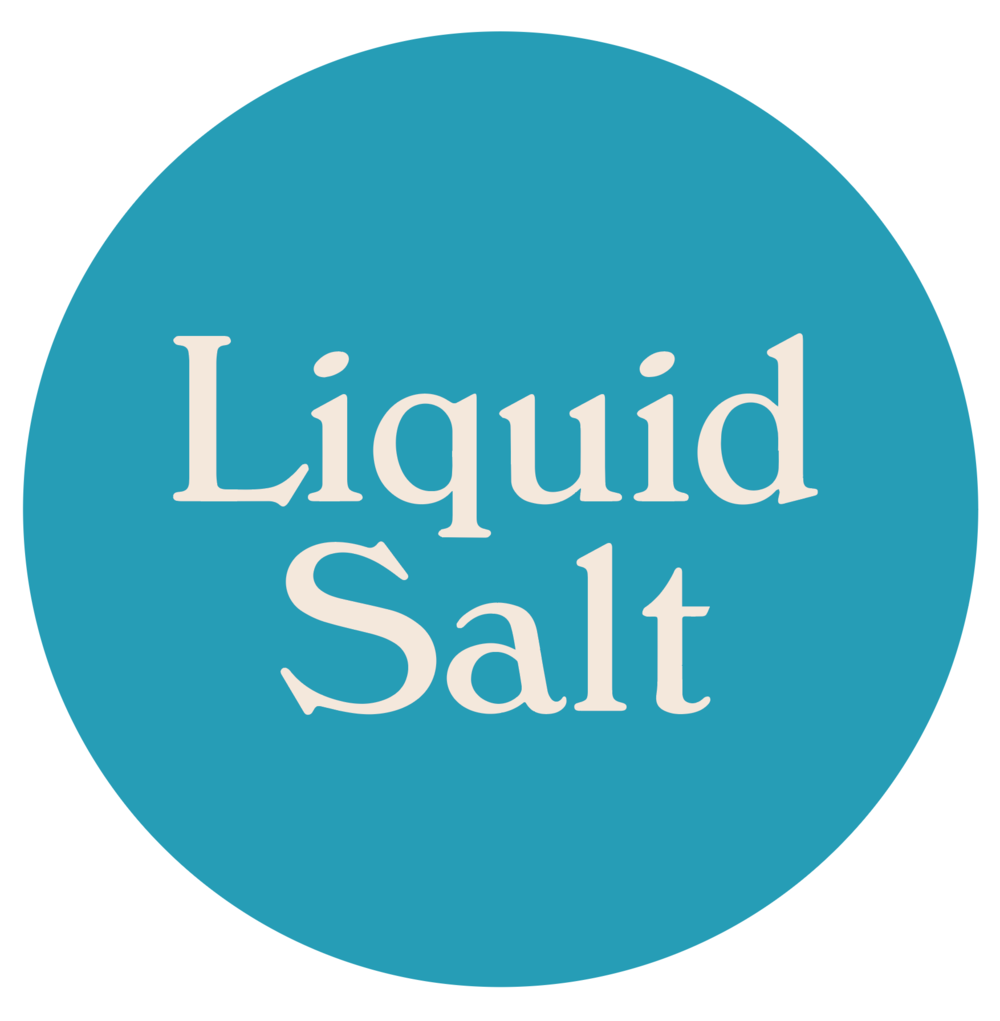Nick Dart / Surfa Sam
Interview by Glenn Sakamoto
Nick Dart is a surfer/designer from the Gold Coast area in Australia. While investigating vintage skateboards, he discovered a long-lost brand named Surfa Sam. After more digging, he learned that it sold more than a quarter-million boards since it started in 1963. He thus decided that Surfa Sam could find a new audience that might appreciate the brand’s history and importance. We chatted with Nick to learn more.
Tell us a bit about yourself.
I was born in a town called the Gold Coast in Australia that has a very rich surfing history and is home to names such as Mick Fanning, Joel Parkinson, as well as legends like Wayne "Rabbit" Bartholomew, Michael Peterson (RIP), Paul Neilsen, plus many others. From a very young age I was always interested in surfing, skating, art and design, so at the age of 14 I started working at DHD surfboards designing and painting surfboard graphics one day a week instead of going to school. After graduating I decided to relocate to London to pursue my dream of working as a designer in the music industry that led me to work with artists such as Black Sabbath, Motörhead, Aretha Franklin, plus a number of others both in the UK and the US.
How did you first learn about Surfa Sam?
I'm 36 years old so Surfa Sam was well before my time. I first became aware of the company through collecting and having an interest in the early years of skateboarding. Being a designer, the logo is what caught my attention as I saw similarities with Rick Griffin's iconic “Murphy” character from the early 60’s. I didn't initially know Surfa Sam was an Australian company as little information existed on the brand at the time. After doing some investigating I was able to eventually track down Dr. Leo Kalokerinos, the original owner of Surfa Sam, who filled in all the blanks.
Nat Young had a signature model skateboard. How big was Surfasam in its heyday?
Surfa Sam was Australia's first skateboard company that was established in 1963 so the company had an immediate advantage in the marketplace as it was up and running a few years before smaller surfer owned companies started popping up. During the height, the company was manufacturing over 2000 skateboards per week with an estimated 245,000+ boards being manufactured in the company's initial incarnation (1963 - mid 1980's).
What inspired you to investigate Surfa Sam as a legacy brand that could live on?
As I mentioned earlier Surfa Sam had pretty much been forgotten about in the history books of Australian surf/skate culture and was only known by people of a certain generation. I wanted to make sure that Surfa Sam was cemented in the history books so a whole new generation could discover and enjoy the brand.
Your film, “An Icon Reborn” is really beautifully done. Tell us how it was produced.
Founder Dr Leo Kalokerinos, age 29.
Leo is now 87 years old so capturing his story on film was a priority of mine. He isn't one for the limelight, so it took some convincing, but he eventually came around to the idea thankfully. Initially I had wanted to make a much longer film but settled on producing something that would quickly give an understanding of the company's history. I gathered what little archival material exists and had my friend John Moffat shoot and edit everything. I also needed a suitable location so I contacted Daryl Barnett who runs the local surf museum and he kindly allowed me to use the museum out of hours.... as long as Leo would sign his board.
Why is it important to tell the founder’s story?
Leo had such an impact on so many of Australian youth that I felt it's important to keep his name with the story just as Vans does with the Van Doren family. Plus it's not every day you hear of a skateboard company that was owned by a doctor..
What has been the reaction so far to the relaunch of the brand and products?
The reaction has been overwhelming and has far exceeded my expectations. The first batch of boards sold out in a matter of days instead of months like I had first predicted. To have customers from around the world is something I'm sure Leo could never have imagined when he first started the business from his parents house.
What are your hopes and aspirations for the brand moving forward?
I plan to reintroduce boards from the archive as I want to continue making traditional sidewalk surfers just as the company always did. I don't really have any desire to make modern skateboards. I also plan to grow the clothing side of the business and have some exciting collaborations in the pipeline.
To learn more about Surfa Sam check out their website here or follow Surfa Sam on Instagram.




